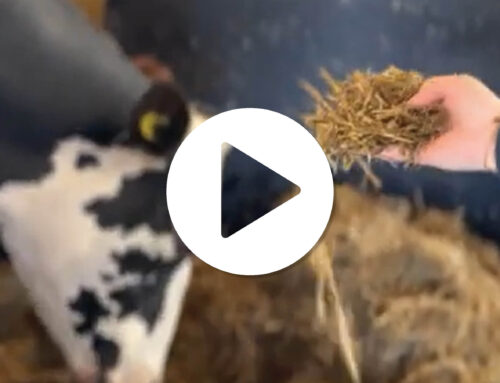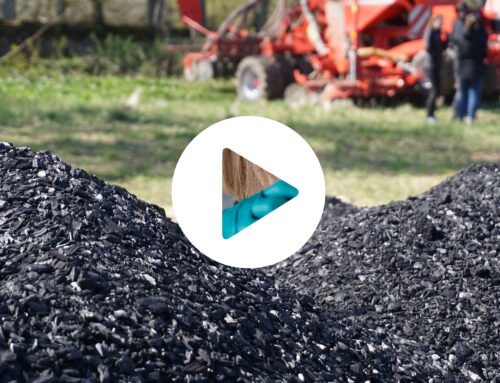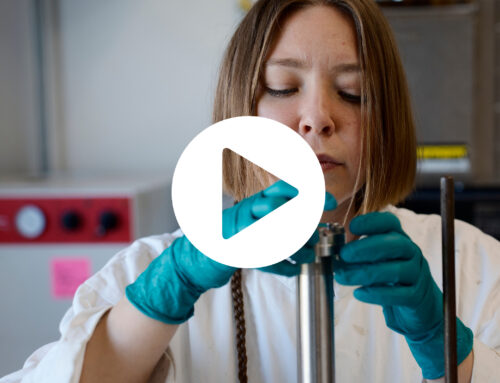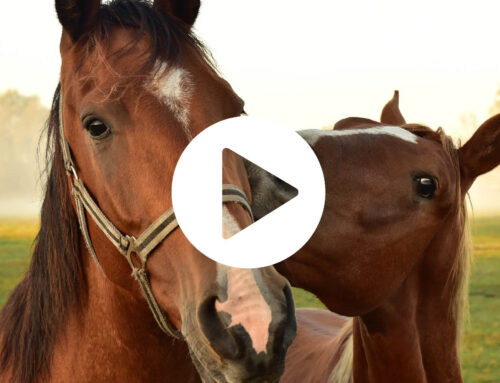Meet Uffe Jørgensen, Professor at the Centre for Circular Bioeconomy at Aarhus University, acknowledges the challenges of creating a sustainable business case for biorefining, but points out that the solution may not be far away.
-“It’s not unheard of that subsidies are needed to get new productions up and running, and this also applies to biorefining. There must be subsidies to cover the positive effects that growing grass has on the climate and environment. They must be valued in some way so that it also creates a good business case for the farmer,” says Uffe Jørgensen.
A subsidy scheme is not a new way of solving challenges where climate action is made more attractive through financial support – biogas is an example of this. But subsidies are far from the only solution when it comes to biorefining grass. Research is being conducted into several different side streams, particularly in the use of grass fibres in products such as textiles, packaging and building materials. The potential is great, but significant development is still needed before these side streams can become a real part of the business model that will drive the green transition forward.




